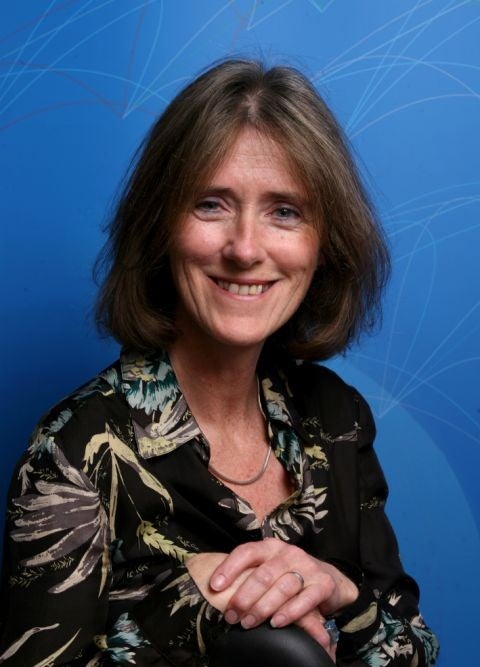BBC veteran takes Radio 4 helm - with an Extra

Your support helps us to tell the story
From reproductive rights to climate change to Big Tech, The Independent is on the ground when the story is developing. Whether it's investigating the financials of Elon Musk's pro-Trump PAC or producing our latest documentary, 'The A Word', which shines a light on the American women fighting for reproductive rights, we know how important it is to parse out the facts from the messaging.
At such a critical moment in US history, we need reporters on the ground. Your donation allows us to keep sending journalists to speak to both sides of the story.
The Independent is trusted by Americans across the entire political spectrum. And unlike many other quality news outlets, we choose not to lock Americans out of our reporting and analysis with paywalls. We believe quality journalism should be available to everyone, paid for by those who can afford it.
Your support makes all the difference.The BBC played it safe by appointing a corporation veteran of 34 years’ experience to the coveted role of controller of Radio 4. Gwyneth Williams, who joins from the BBC World Service, becomes the most senior woman in British radio and is the only female controller in charge of a BBC national network.
As a former head of BBC Radio Current Affairs, Williams has had responsibility for such Radio 4 shows as File on 4 and From Our Own Correspondent. Early in her career she worked on The World Tonight. The appointment of someone with vast radio production experience will please Radio 4’s core audience who are famously resistant to change. She said: “Radio 4 represents the BBC at its best: it is loved and trusted and stands above all for quality.”
Tim Davie, Director BBC Audio & Music, described Williams as “an editorial leader of the highest calibre and a passionate supporter of Radio 4”.
The appointment can also be seen as a reflection of the mood within the corporation, which is under fire over the scale of its territorial aspirations and spending. Williams, who turned 57 this week, will be paid a £180,000 salary – £30,000 less than her predecessor Mark Damazer, who is stepping down after six years to become Master of St Peter’s College, Oxford.
The other front-runners in a drawn-out selection process were the ferociously-ambitious BBC Business Editor Robert Peston, and Peter Barron, the Google communications chief and former editor of BBC2’s Newsnight.
Davie, who joined the BBC from a marketing role with Pepsi, is a moderniser who is keen to prepare the BBC’s radio networks for the era beyond the switch off of the analogue signal. But his strategy took a knock recently when the governing BBC Trust said it could see no case to support the plans of BBC management to drop the 6 Music network in order to focus efforts on the biggest national stations. The chastening experience may have made him less inclined to risk appointing a radio outsider to a network which is seen as such a national treasure that listeners sometimes compare it to a Ming Vase.
In her new role, Williams will have responsibility for the digital station Radio 7, which is being re-branded as Radio 4 Extra and will have closer ties to the larger network. Before studying at Oxford University, she grew up in South Africa and has written books about that country. “I am hugely looking forward to working with so many talented programme-makers, each with a unique contribution to make,” she said. “I want to ensure that this creativity shows on air and delights and inspires our listeners.”
Join our commenting forum
Join thought-provoking conversations, follow other Independent readers and see their replies
Comments